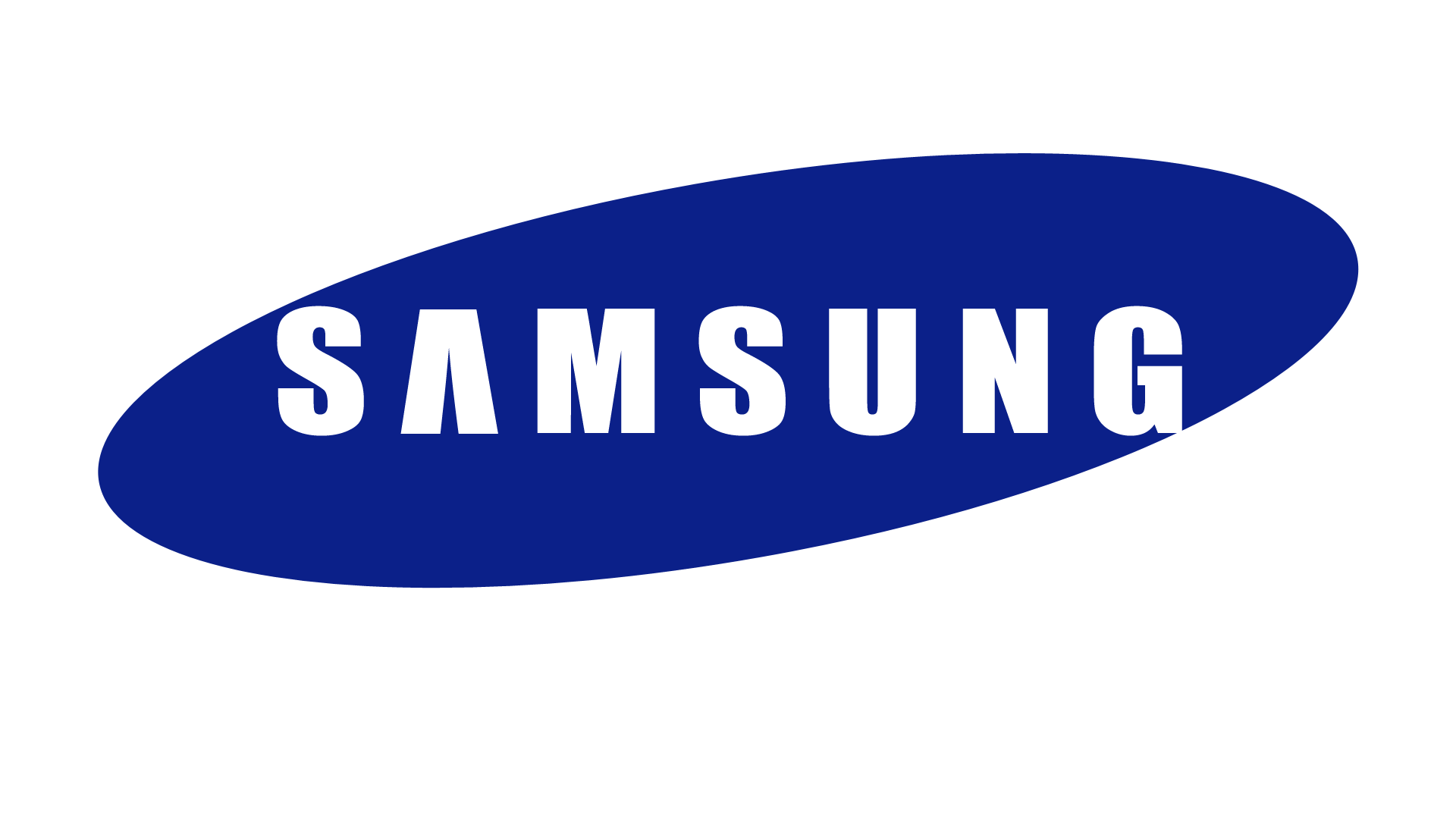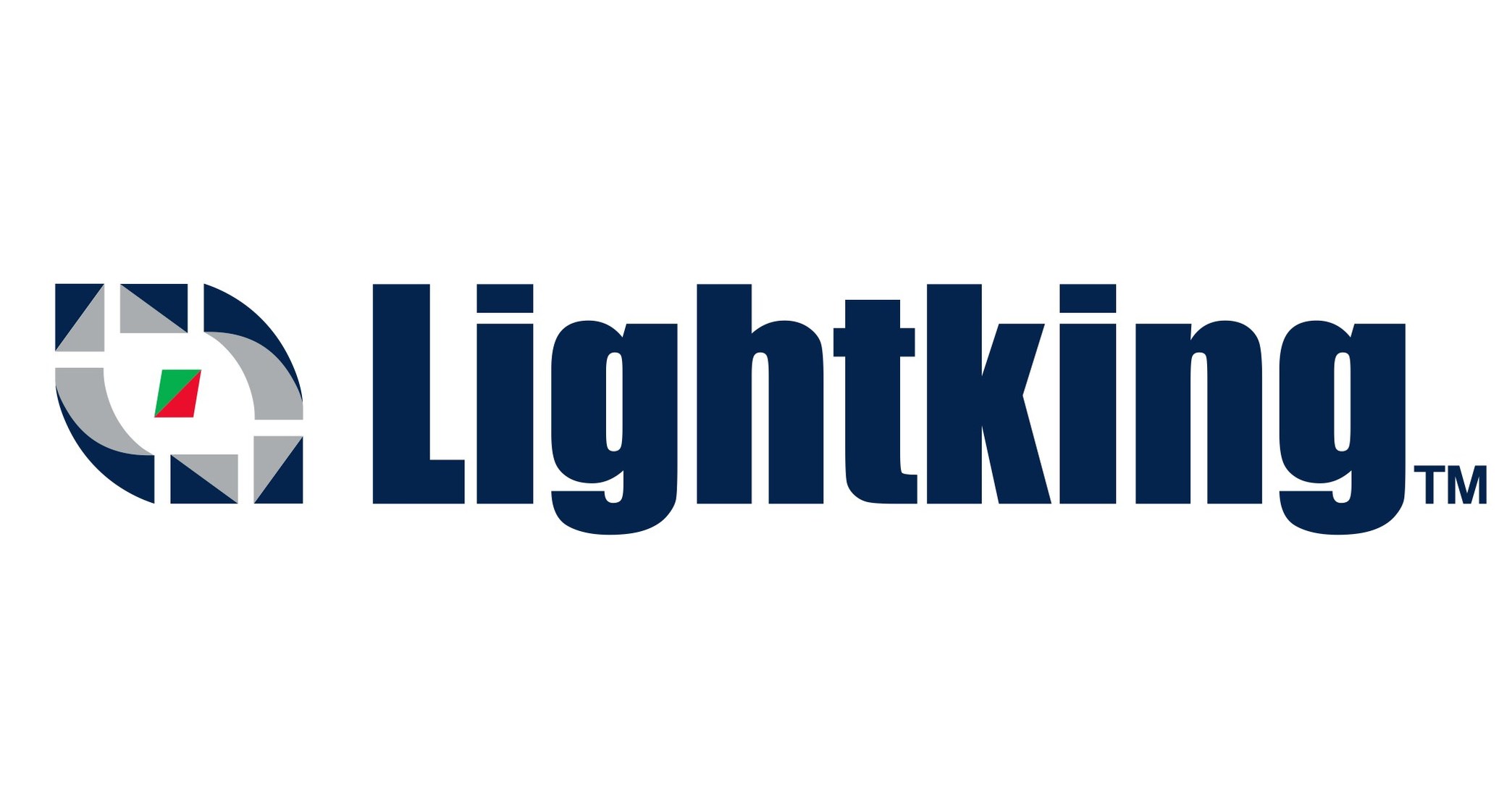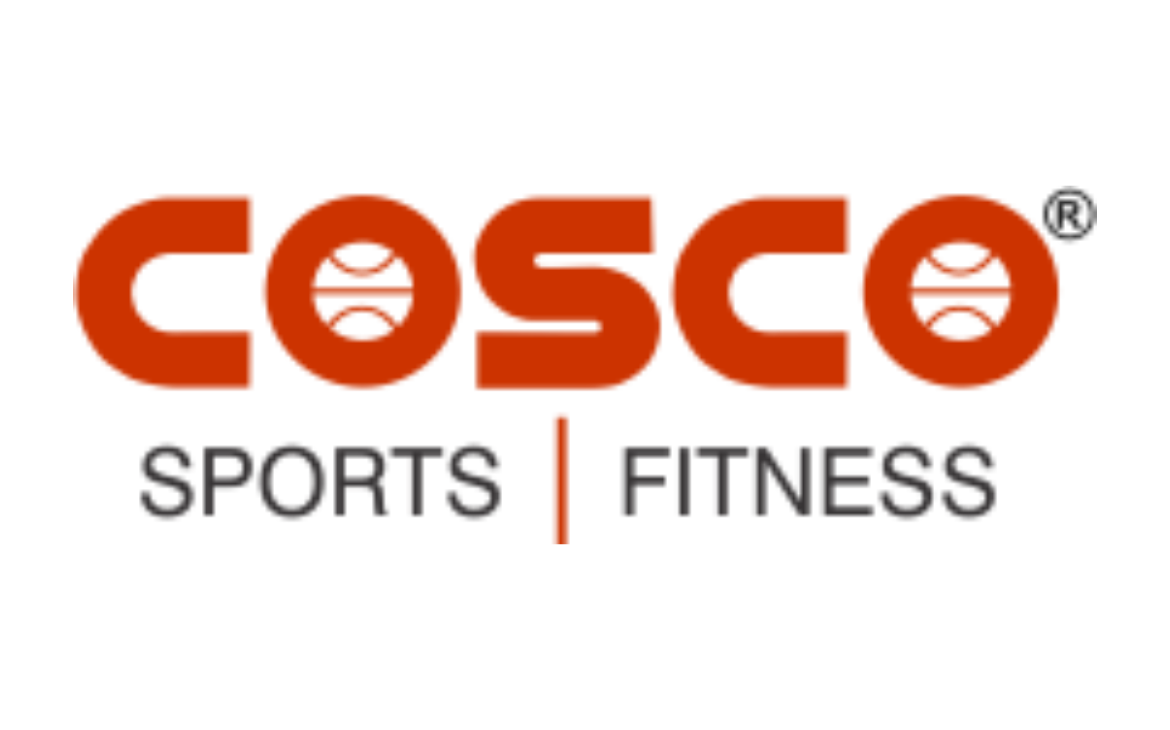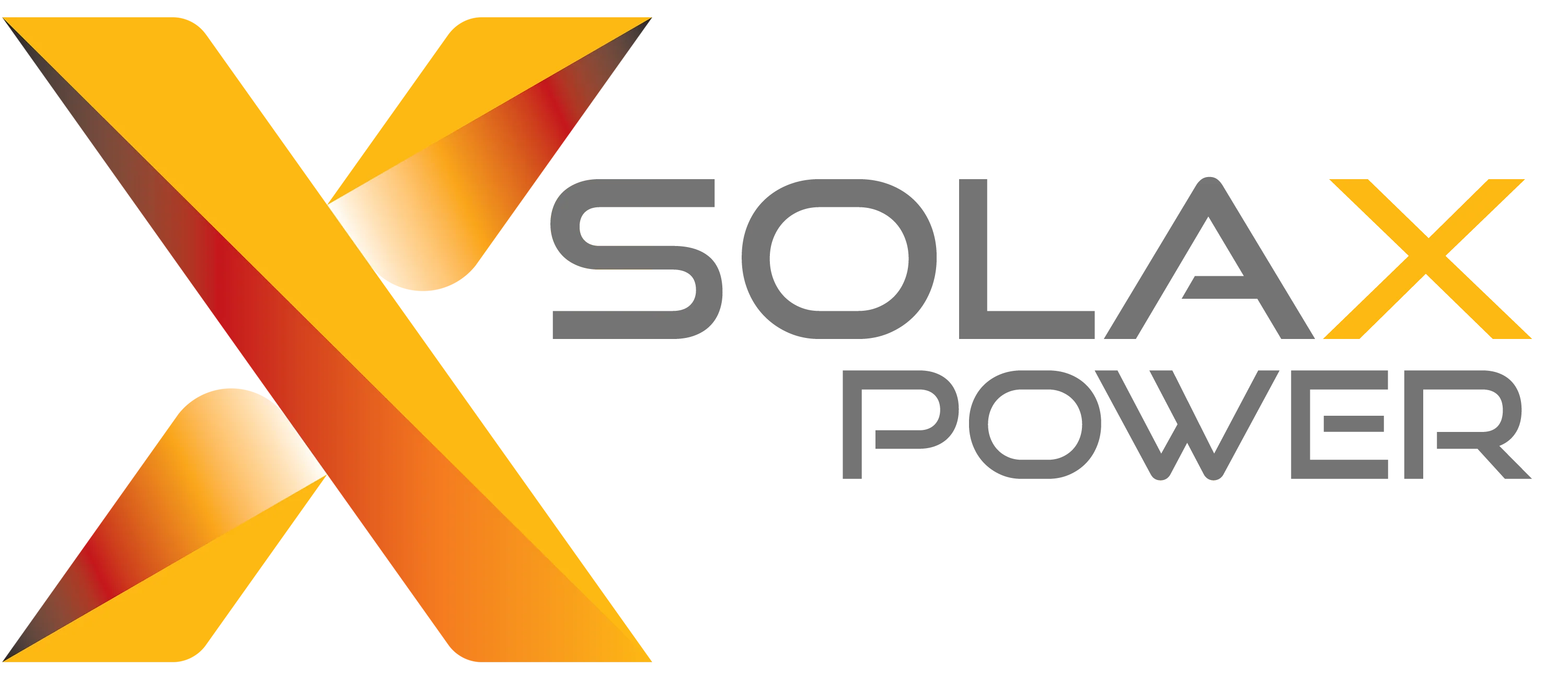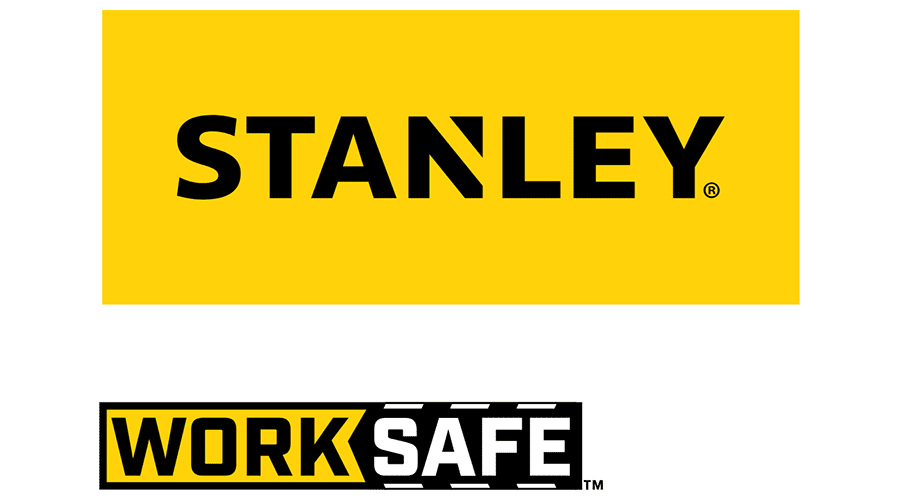BIS Scheme X Certification for Pumps and Liquid Elevators
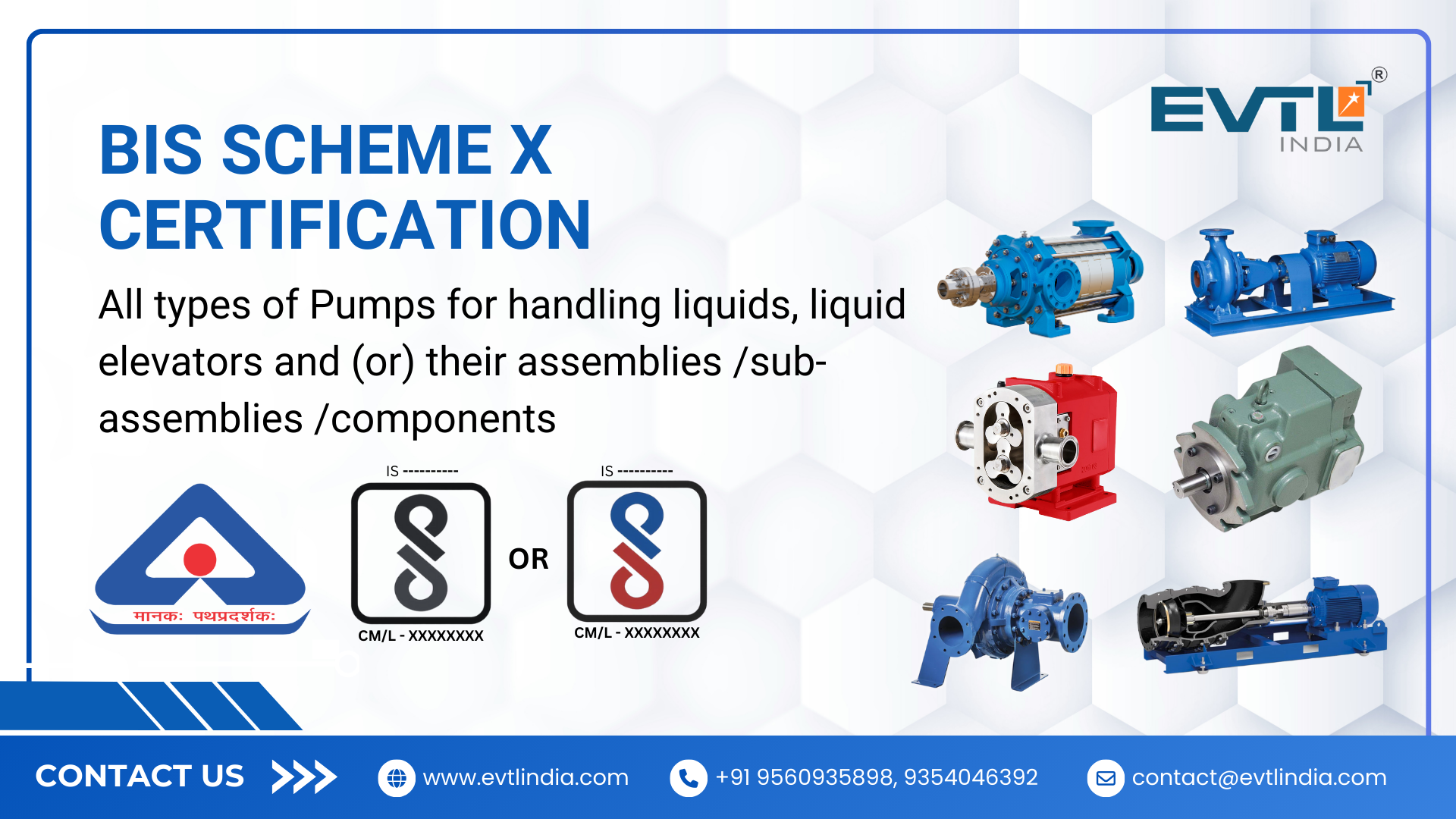
In a country like India, where industrial and infrastructural development is growing at an unprecedented rate, ensuring the quality, safety, and efficiency of critical machinery is more essential than ever. Among this essential equipment, pumps and liquid elevators play a pivotal role across a wide spectrum of industries—from agriculture and water treatment to oil and gas, pharmaceuticals, and construction.
To streamline and regulate the safety and quality standards for such equipment, the Bureau of Indian Standards (BIS) has taken a significant step by introducing the Scheme X Certification. This move has made it mandatory for both domestic and foreign manufacturers to obtain BIS certification for pumps and liquid elevators, ensuring their compliance with Indian quality standards.
Let’s explore the importance of BIS certification in this sector, the scope and impact of BIS Scheme X certification for pumps and liquid elevators, and how manufacturers can navigate this regulatory landscape.
The Importance of Pumps and Liquid Elevators in Industry
Before diving into the regulatory framework, it's important to understand the roles that pumps and liquid elevators play:
- Pumps: Devices that move liquids (or slurries) from one location to another, used in irrigation, water supply, sewage treatment, petroleum industries, HVAC systems, and more.
- Liquid Elevators: These are specialized systems designed to vertically transport liquids, often used in high-rise building water systems, industrial tanks, and liquid processing units.
Given the variety of applications, any failure in performance or safety can lead to significant operational and safety hazards. That's where standardization and regulation come into play.
Introduction to BIS and Scheme X
The Bureau of Indian Standards (BIS), the national standard body of India, is responsible for setting quality benchmarks across various industries. In line with its vision to enhance the safety, reliability, and performance of industrial equipment, BIS has introduced the Scheme X Certification.
Launched on 16th March 2022, Scheme X is a regulatory framework under the BIS Conformity Assessment Regulations, 2018. This scheme is specifically designed for machinery and electrical equipment, setting comprehensive guidelines for safety, performance, and compliance.
Under this scheme:
- All manufacturers—whether Indian or international—must obtain certification for their products before they are sold in the Indian market.
- Products covered must comply with the relevant Indian Standards (IS), as notified by the government.
- Certification involves product testing, factory inspection, and ongoing surveillance to ensure continuous compliance.
Mandate Under Omnibus Technical Regulation Order, 2024
The Ministry of Heavy Industries, in its effort to tighten regulatory control and elevate product quality across Indian industries, issued the Omnibus Technical Regulation Order (OTRO), 2024. This landmark order mandates that all types of pumps and liquid elevators must conform to Scheme X Certification by 28th August 2025.
Key implications of this order include:
- No manufacturer will be allowed to sell or distribute non-certified pumps or liquid elevators after the deadline.
- It applies to all types—including centrifugal pumps, submersible pumps, positive displacement pumps, vertical turbines, chemical pumps, booster pumps, and custom-built liquid elevators.
- Importers and overseas brands must also comply, making it a globally applicable mandate for Indian market access.
Why is BIS Certification for Pumps and Liquid Elevators Important?
- Enhanced Product Safety: Certification ensures that pumps and elevators adhere to standardized design, material, and operational specifications, minimizing risks of leaks, electrical faults, corrosion, or mechanical failure.
- Consumer Confidence: Certified products assure buyers that they are investing in reliable, compliant, and long-lasting machinery.
- Market Competitiveness: BIS-certified products can gain a competitive edge in both public and private sector procurement, where certifications are often mandatory for tenders.
- Global Acceptance: For international manufacturers, BIS certification signifies adherence to a structured quality benchmark, enabling smoother entry into the Indian market.
Types of Pumps Covered Under Scheme X Certification
The certification applies broadly to a wide variety of pump types, including:
- Centrifugal Pumps
- Submersible Pumps
- Positive Displacement Pumps
- Vertical Turbine Pumps
- Chemical Process Pumps
- Booster Pumps
- Diaphragm Pumps
- Slurry Pumps
- Multistage Pumps
Each of these types is covered under specific Indian Standards, and compliance is measured against these standards during the certification process.
Though not as widely discussed, liquid elevators form a crucial category under the Scheme X mandate. These are often used in multi-storey buildings, industrial silos, and energy plants for vertical transportation of liquids.
Key characteristics evaluated for certification include flow rate, head height, material compatibility, power efficiency, and operational safety features. Manufacturers of liquid elevators will need to align their products with relevant BIS standards to qualify for certification.
BIS Scheme X Certification Process
Achieving compliance may seem daunting, but the process is fairly structured:
- Identify Relevant Standards: Determine the Indian Standards applicable to your specific product type (e.g., IS 9079 for submersible pumps, IS 6595 for centrifugal pumps, etc.).
- Product Testing: Samples must be tested in BIS-recognized laboratories. Tests include performance, safety, and endurance checks.
- Factory Inspection: BIS officials will inspect manufacturing units to assess quality control procedures, machinery, and adherence to production standards.
- Documentation: Submit all necessary documents, including technical specifications, quality manuals, test reports, and application forms.
- Grant of License: Once verified, BIS issues a license allowing the use of the Standard Mark under Scheme X.
- Surveillance and Renewal: The license must be renewed periodically, with follow-up inspections and tests to ensure continued compliance.
Consequences of Non-Compliance
Manufacturers who fail to secure BIS Scheme X certification by the 28th August 2025 deadline face serious repercussions:
- Prohibition of the sale or import of uncertified products
- Seizure of goods and legal penalties
- Damage to brand reputation
- Loss of eligibility for government tenders and contracts
Conclusion
The introduction of BIS Scheme X certification for pumps and liquid elevators marks a major leap toward standardizing industrial machinery in India. With the Omnibus Technical Regulation Order, 2024 establishing a firm deadline of 28th August 2025, manufacturers must act promptly to align with the new requirements.
Whether you are a domestic producer or an international exporter, securing BIS certification for pumps and liquid elevators is not just about regulatory compliance—it’s a strategic move to ensure product quality, build consumer trust, and access a rapidly expanding Indian market.
As the deadline approaches, the time to act is now. Understanding the relevant standards, initiating product testing, and preparing your documentation. The BIS certification journey may be rigorous, but the long-term benefits of market access, reputation, and safety are well worth the effort.
You can contact us via email at contact@evtlindia.com or by phone at 9560935898. Feel free to get in touch with us anytime for the support you need.
BIS ISI Mark Certification | BIS-CRS Certification | EPR E-WASTE | WMI Registration | BIS Certification For Footwear | TAC & IMEI Registration | BIS FMCS Page | TEC | EPR Registration for Plastic Waste Management | EPR Registration for Battery Waste Management | EPR Registration For Used Oil | EPR Registration for Tyre Waste Management | WPC ETA License | NOC | LMPC | Legal Metrology | Trademark Registration | ISO Certification | EMI-EMC Test | Toys | GEM Registration | EPCG Scheme | LM 79 & LM 80 | ROHS Approval | CDSCO Registration | RF Testing | IP Rating Test | MSME & NSIC Registration | BIS Certificate for Conformity | BIS Scheme-X Certification | Hallmark Registration | Laboratory Recognition Scheme | ECO-MARK Certification | RDSO | CE Certification | List Of Equipments | US FDA Registration | Lab Setup & Lab Equipment |
Product Under Scheme X

BIS Scheme X Certification for Pumps and Liquid Elevators

BIS Scheme X Certification for Compressors
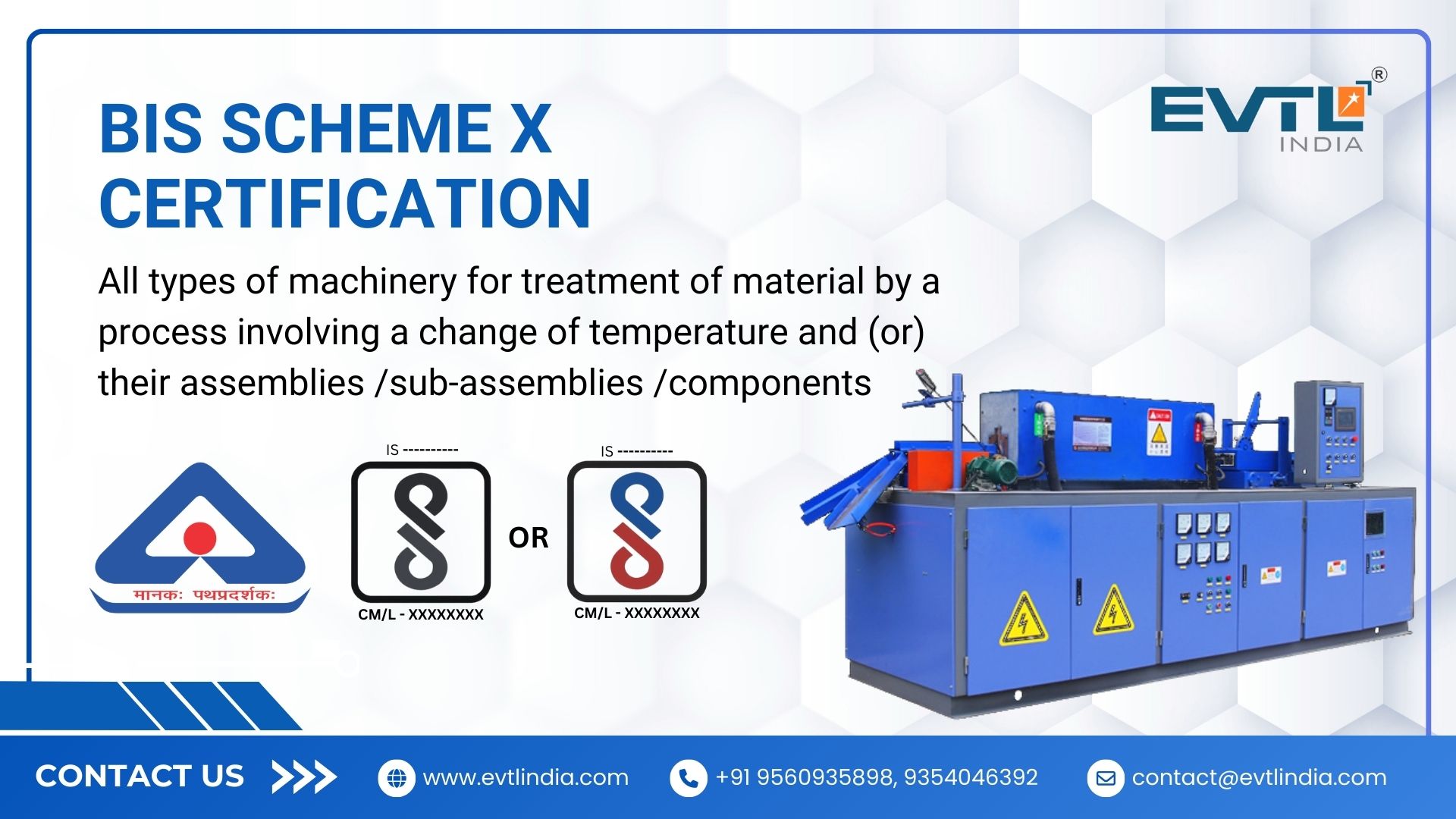
BIS Scheme X certification for Heat Treatment Equipment
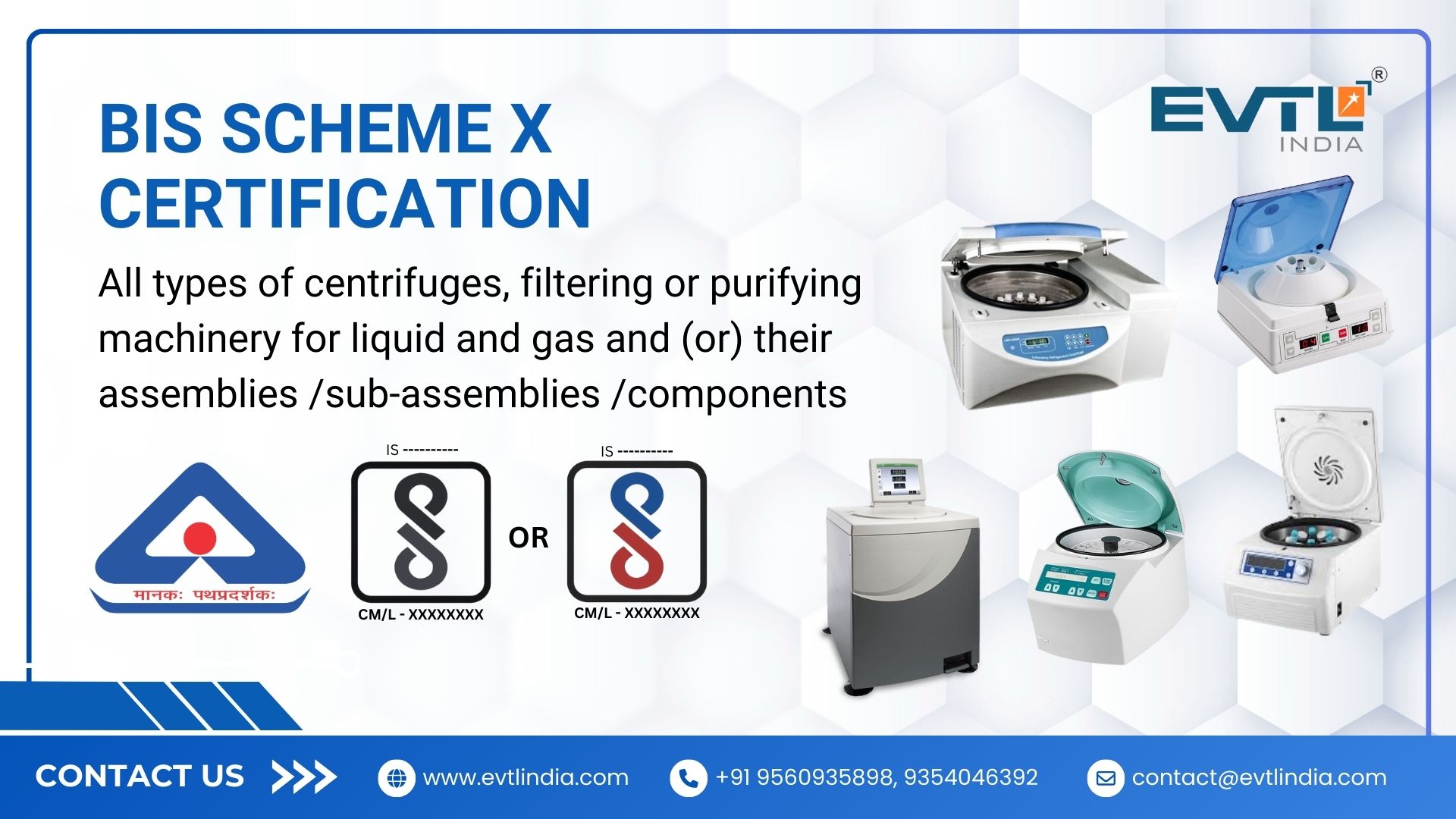
BIS Scheme X Certification for Centrifuges and Filtering or Purifying Machinery
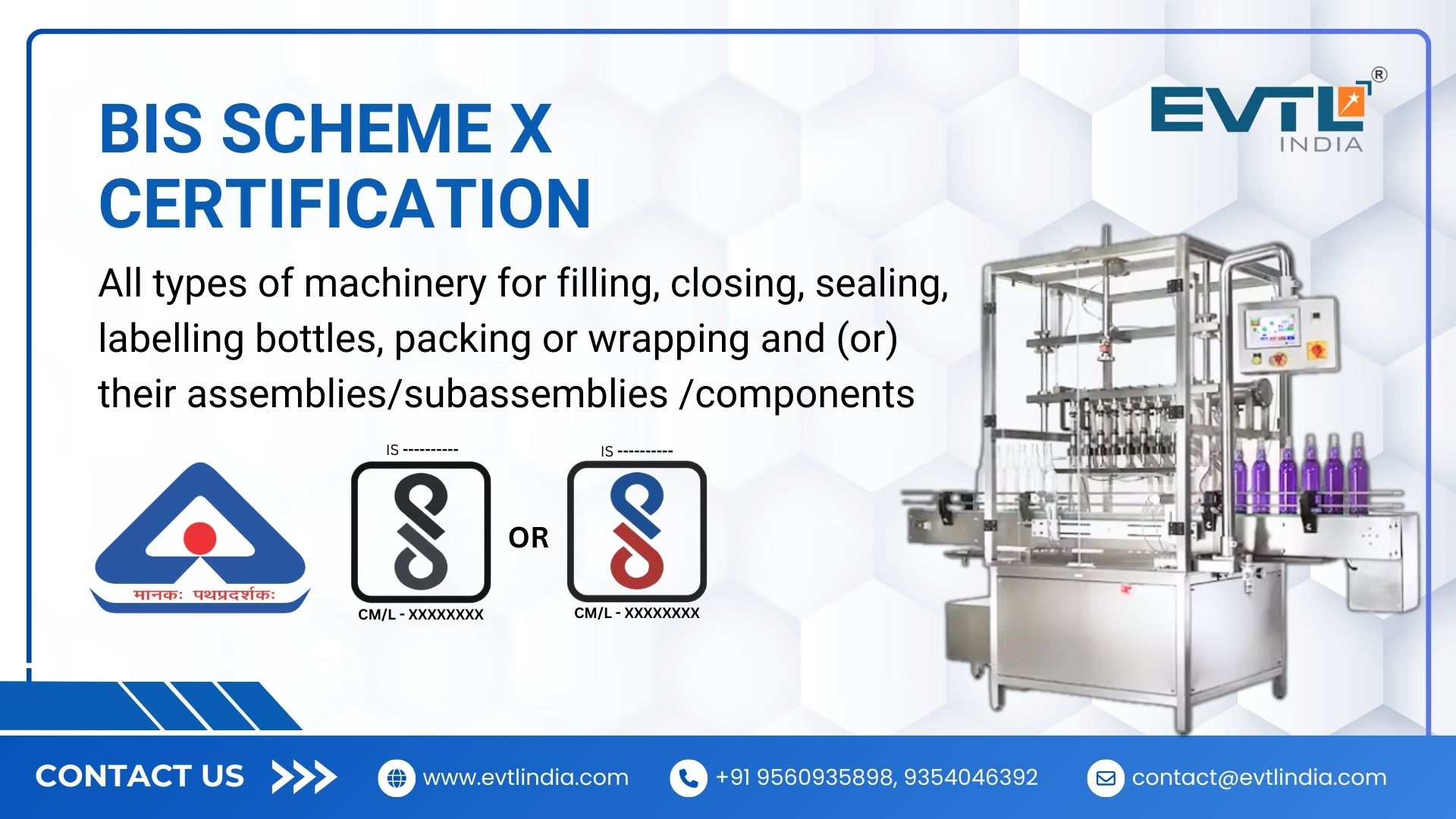
BIS Scheme X Certification for Machinery for Filling, Closing, Sealing, Labelling Bottles, Packing or Wrapping
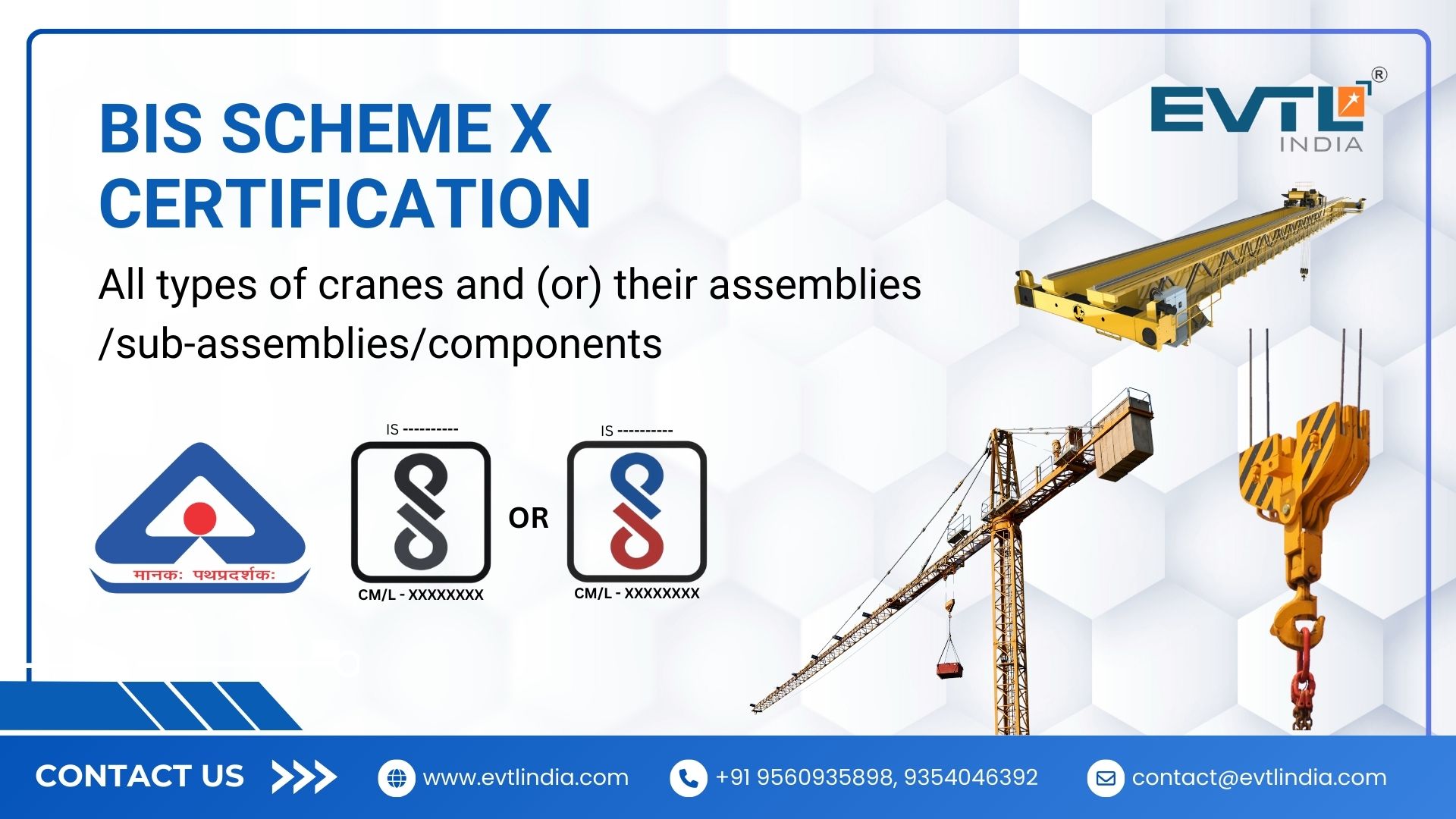
BIS Scheme X Certification for Cranes and Their Assemblies, Sub-Assemblies, or Components

BIS Scheme X Certification for Construction, Earthmoving, and Mining Machinery
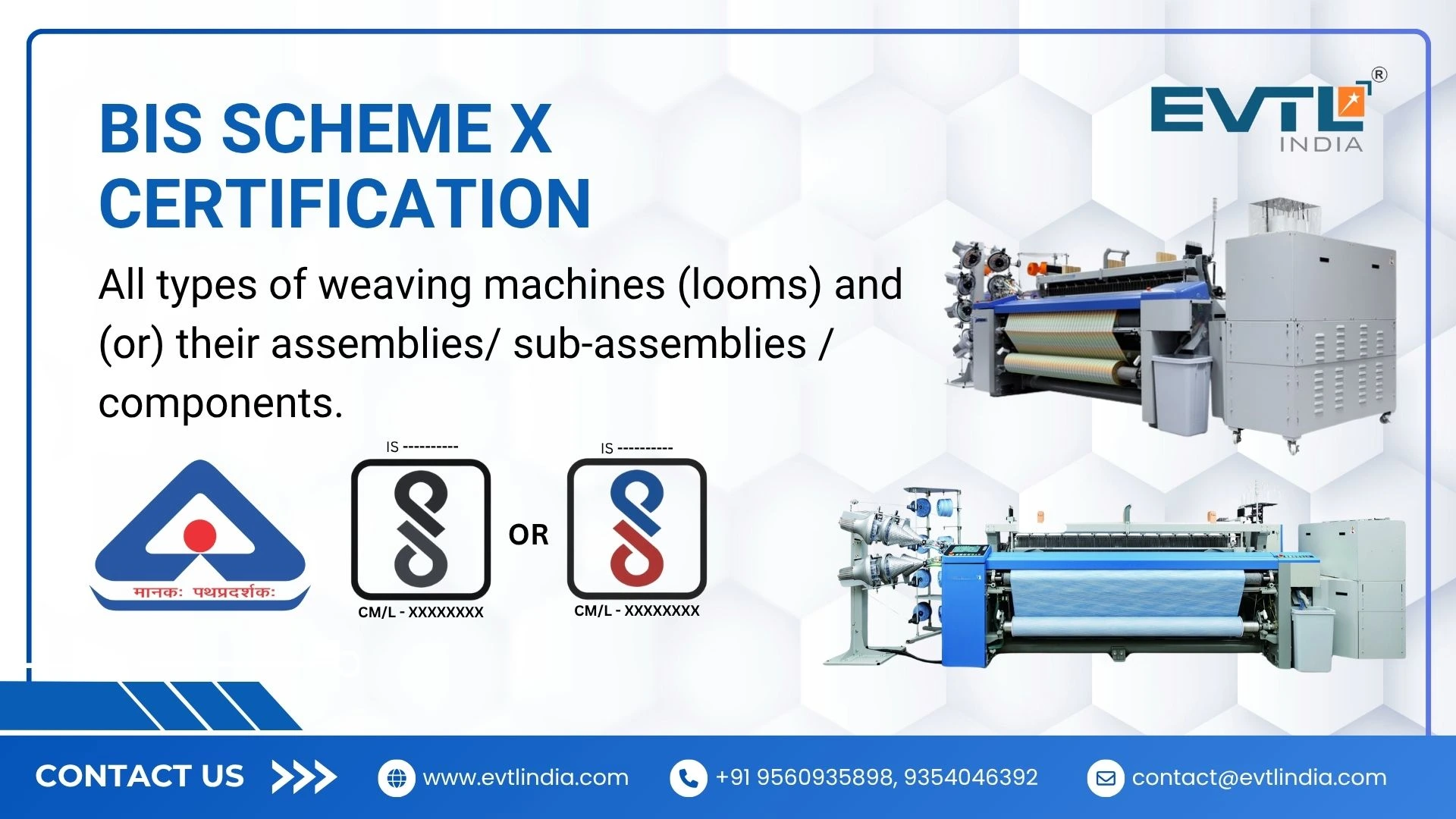
BIS Scheme X Certification for Weaving Machines (Looms)
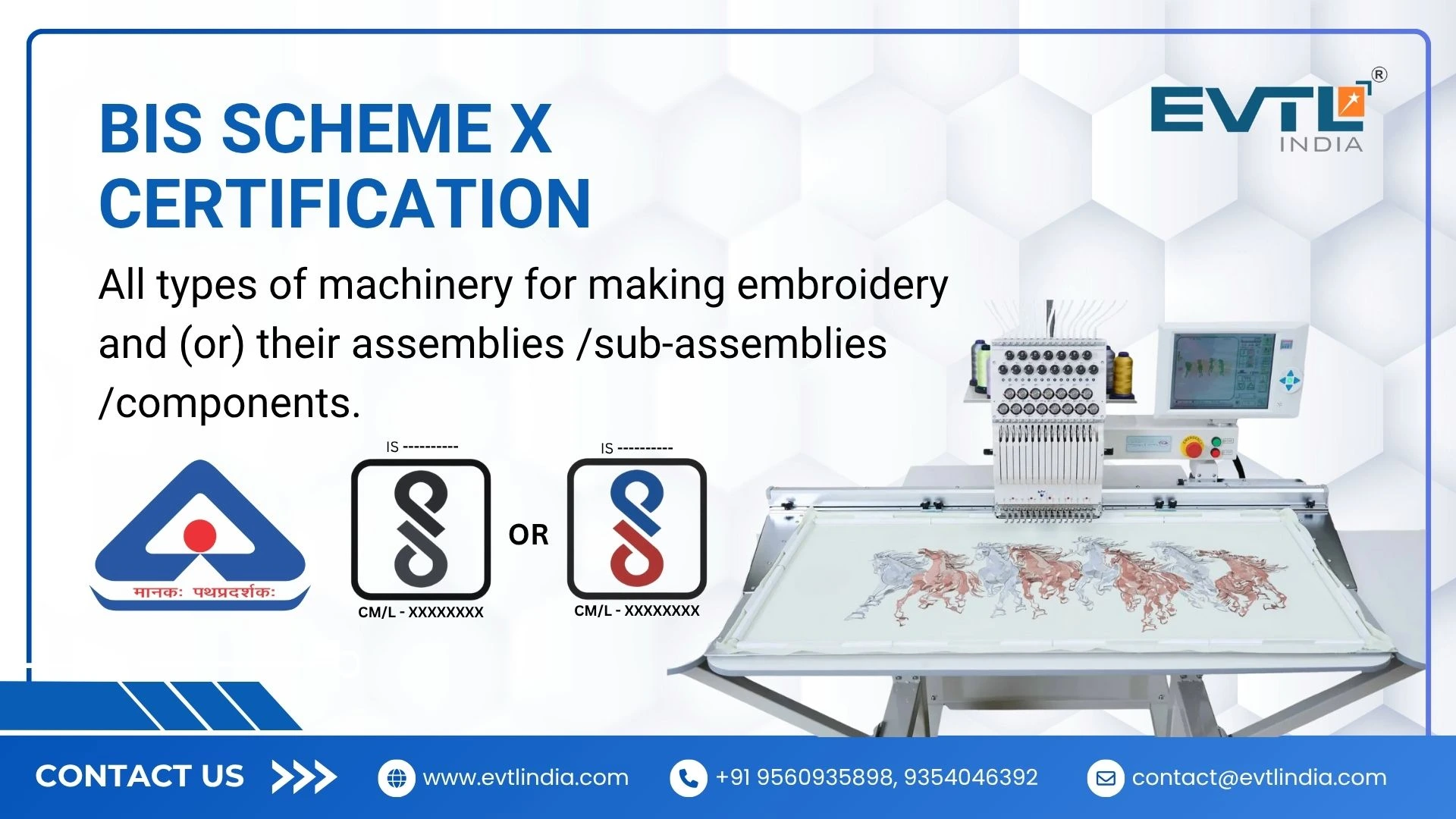
BIS Certification for Machinery for Making Embroidery
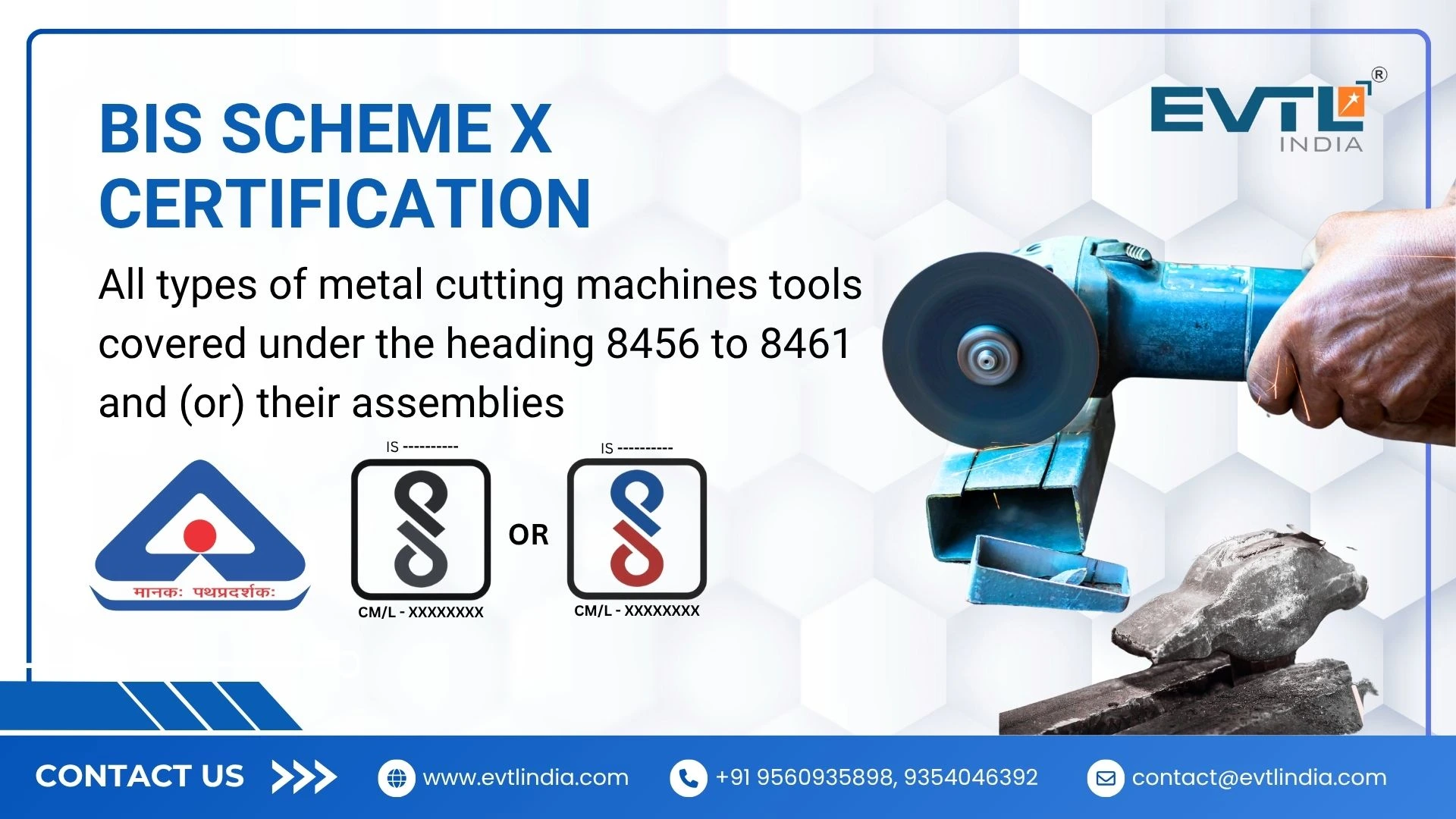
BIS Scheme X Certification for Metal Cutting Machine Tools (HS Codes 8456–8461)
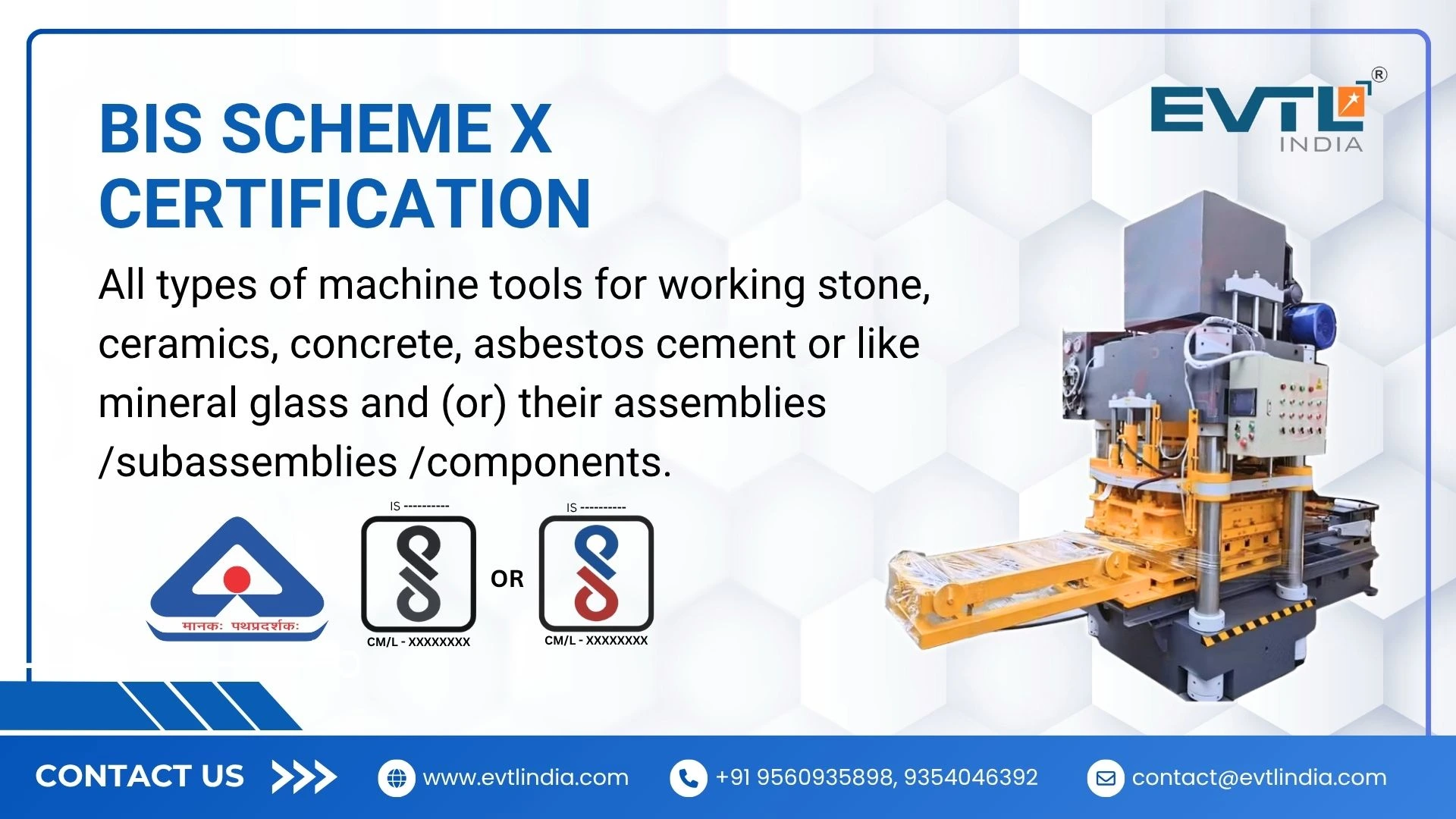
BIS Scheme X Certification for Machine Tools Working on Stone, Ceramics, Concrete, Asbestos Cement, and Similar Materials
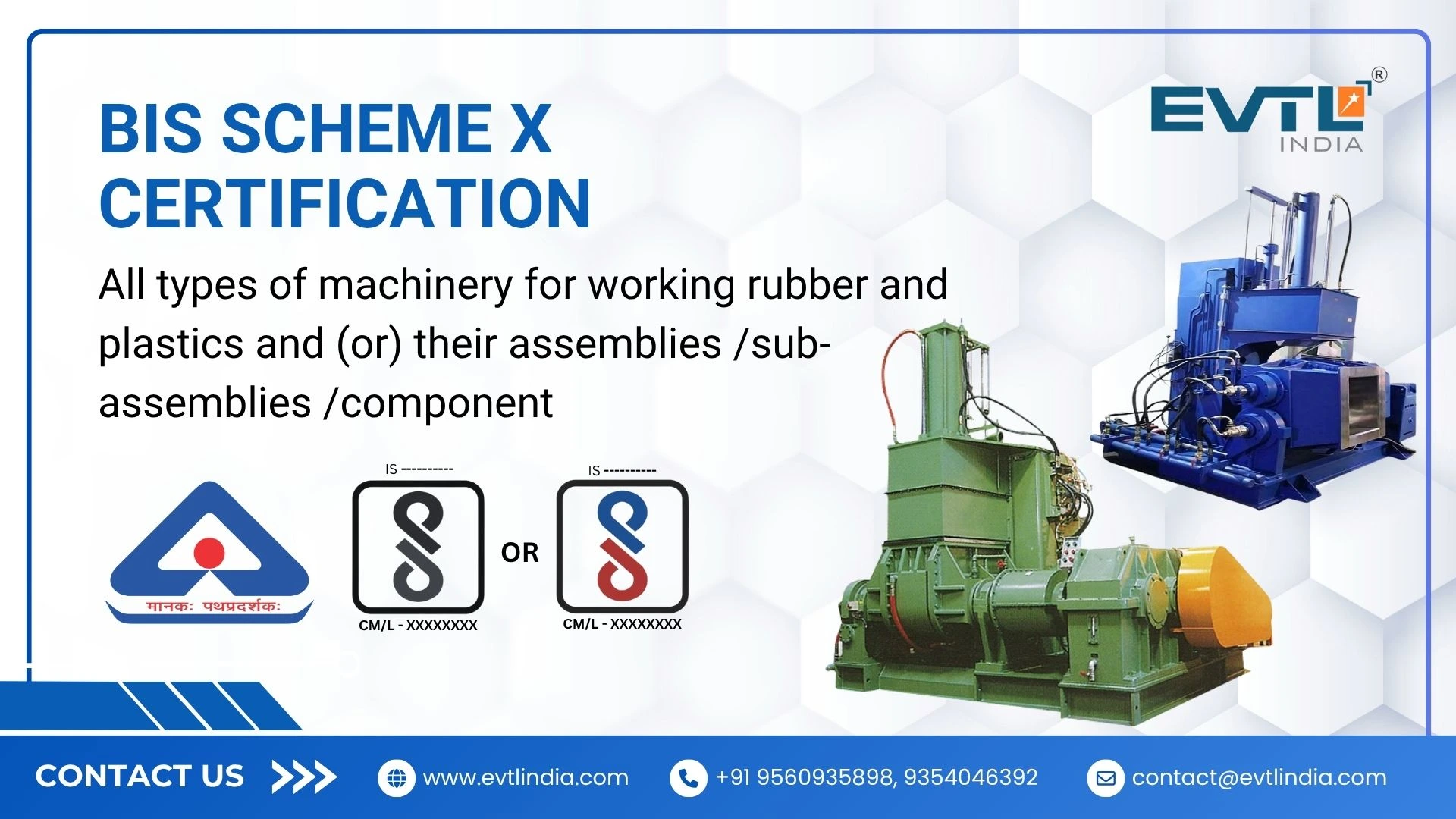
BIS Scheme X Certification for Machinery for Working Rubber and Plastics

BIS Scheme X Certification for Machines for Public Works, Building, and Other Mechanical Appliances
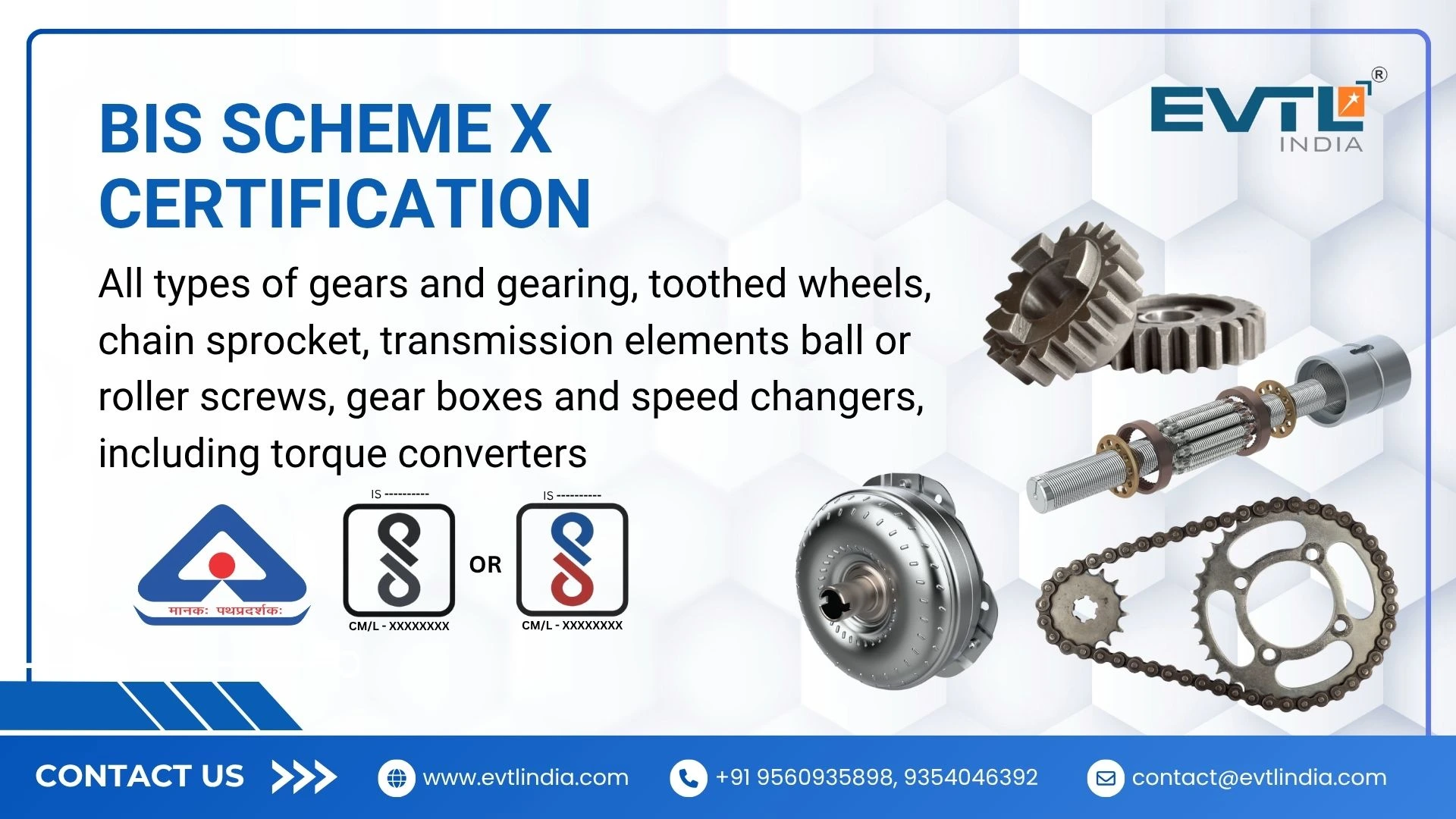
BIS Scheme X Certification for Gears, Gearing, and Transmission Elements
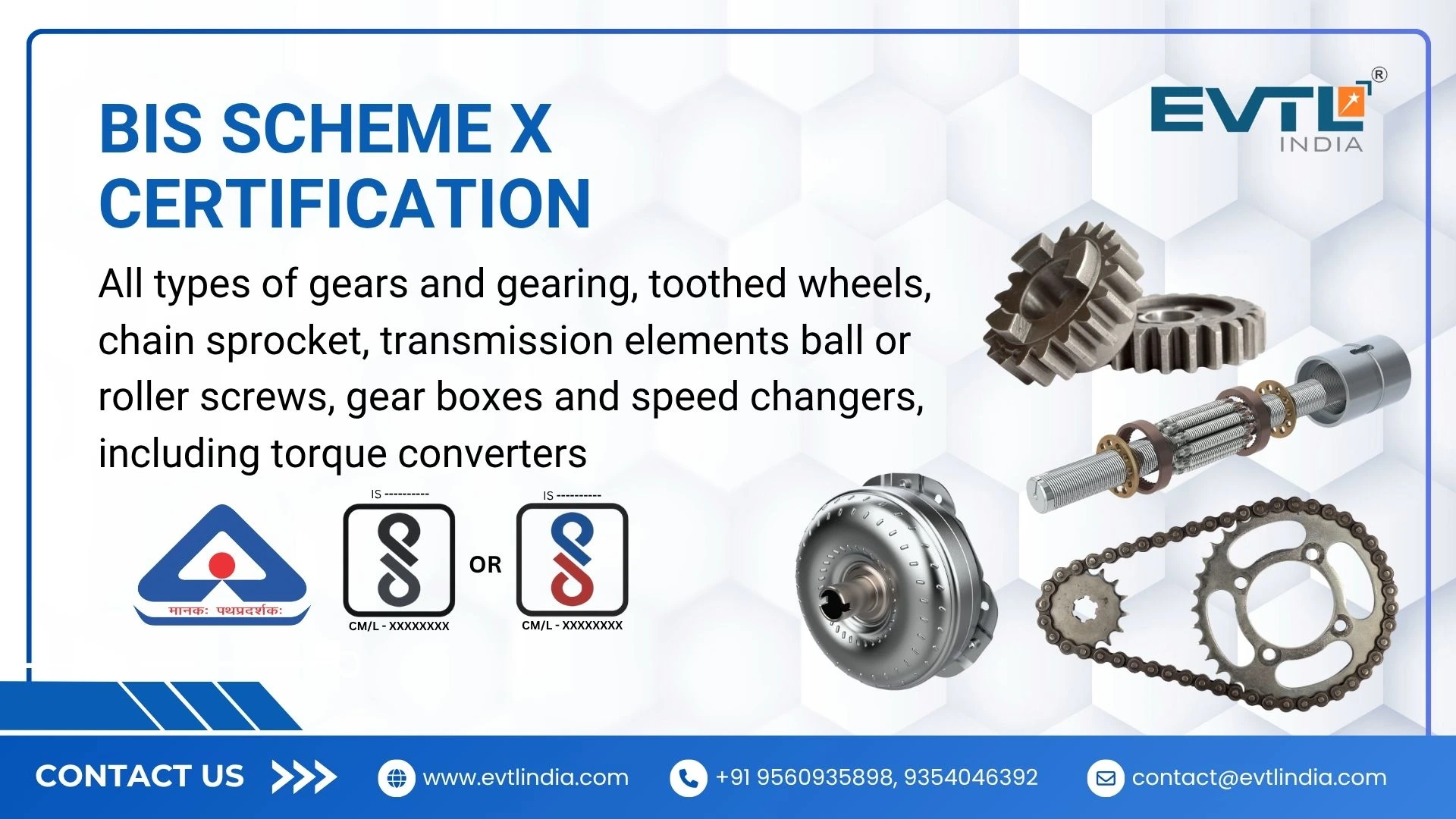
BIS Certification for Rotary Electrical Machines, such as Generators, etc

BIS Scheme X Certification for Diesel Generators and Their Components

BIS Scheme X Certification for Power Semiconductor Converters
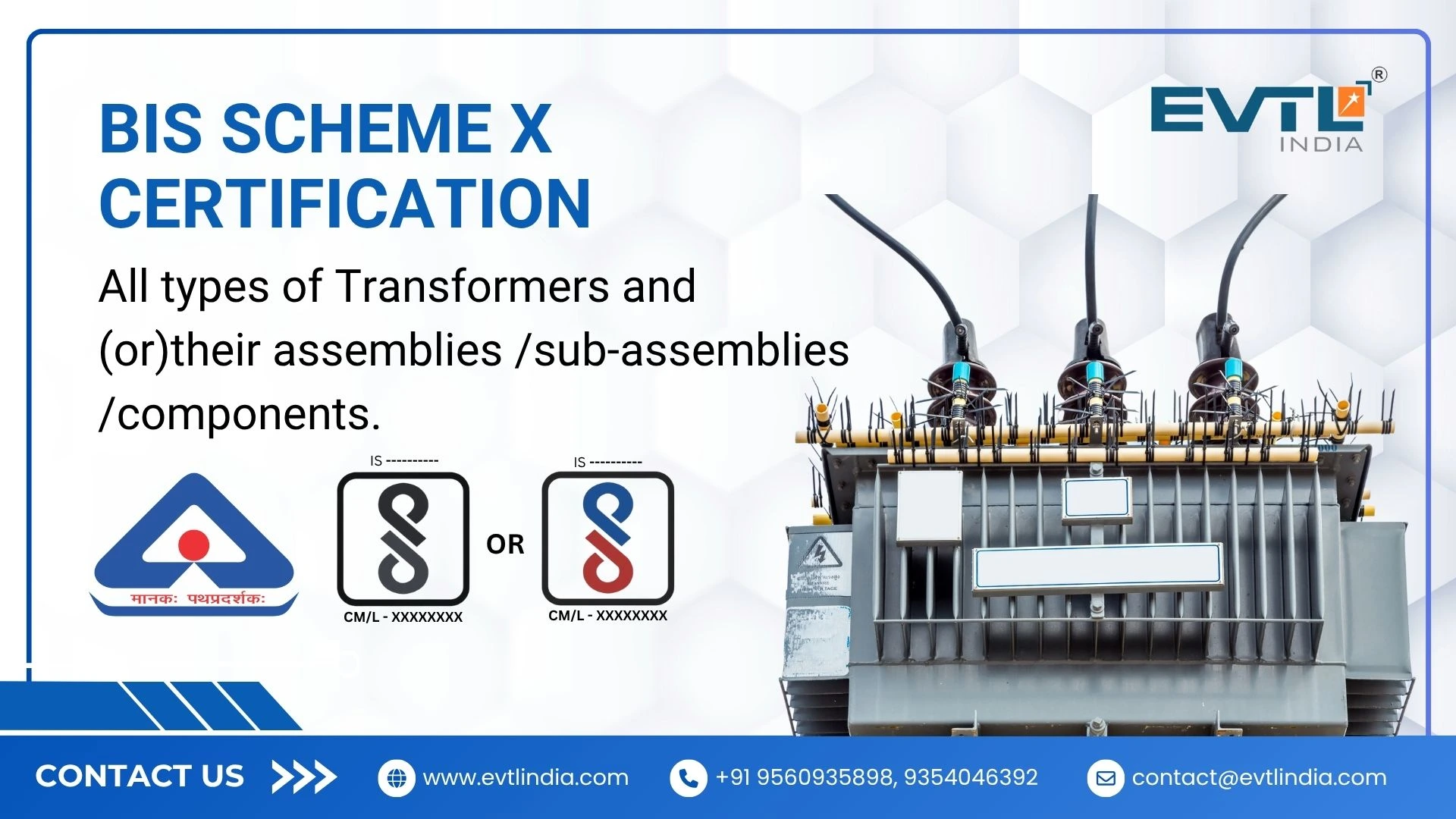
BIS Certification for Transformers and Their Components
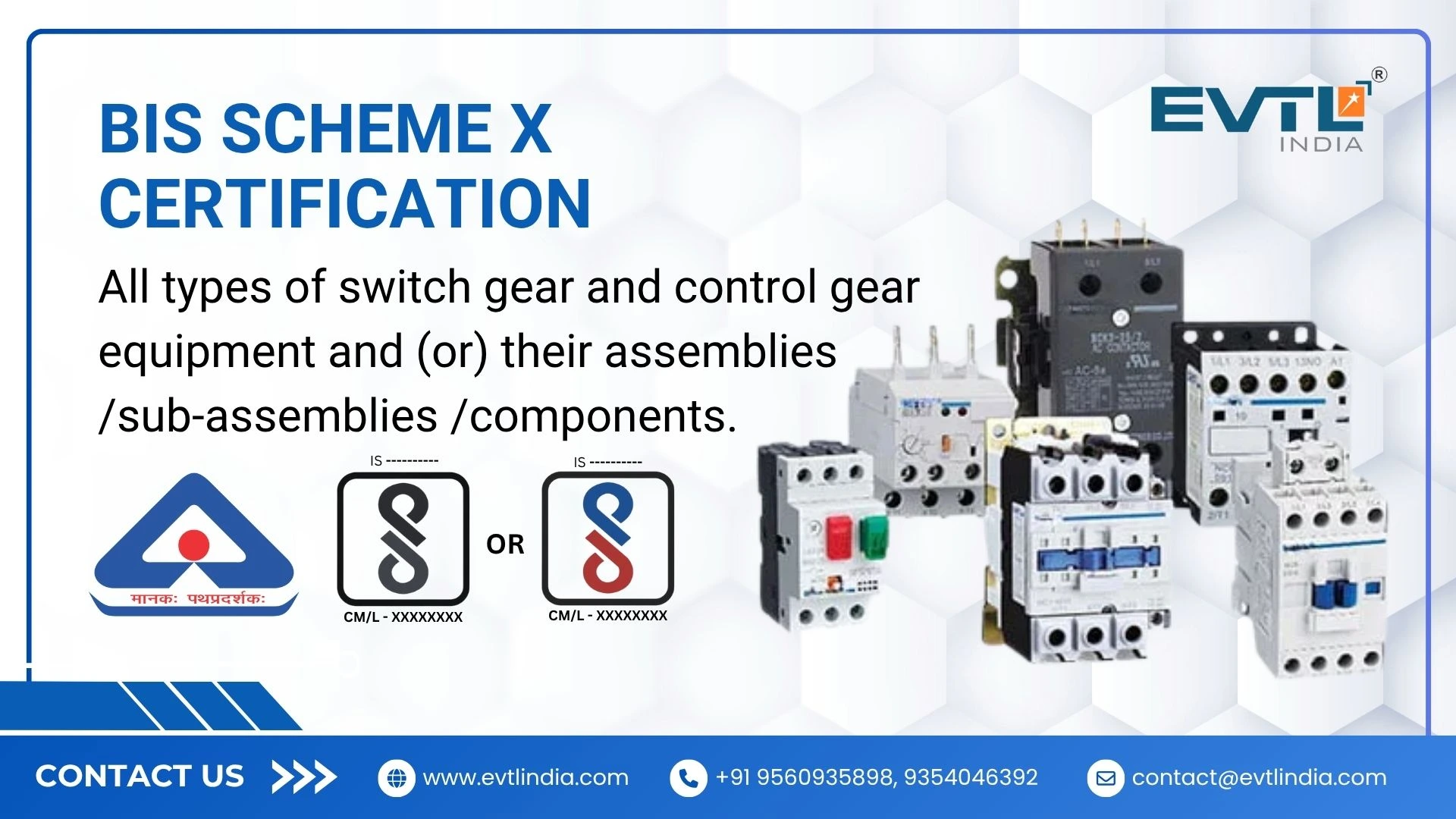
BIS Scheme X Certification for Switchgear and Controlgear Equipment (≤1000V)
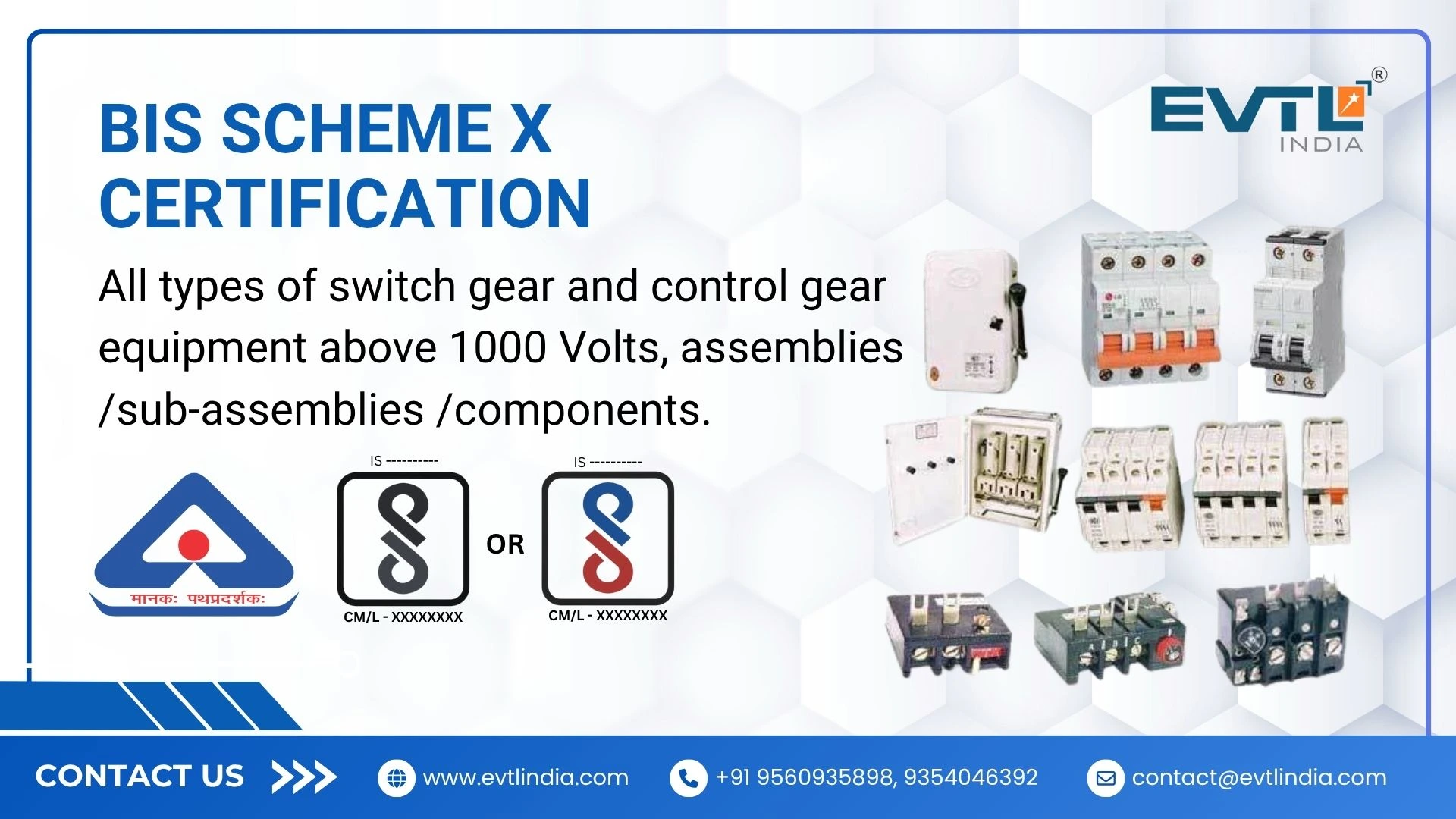
BIS Certification for Switchgear and Controlgear Equipment Operating Above 1000 Volts
